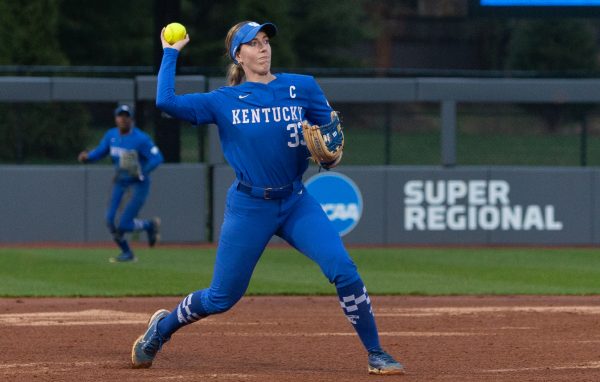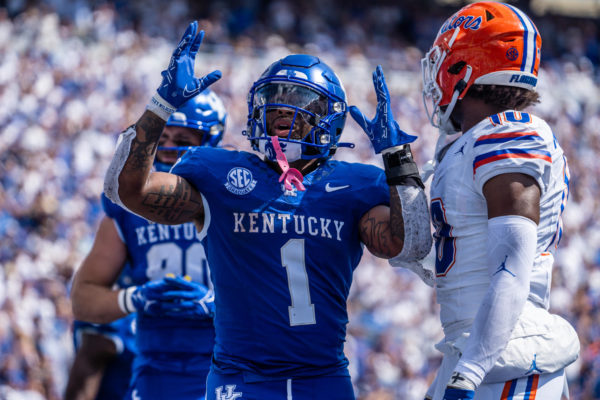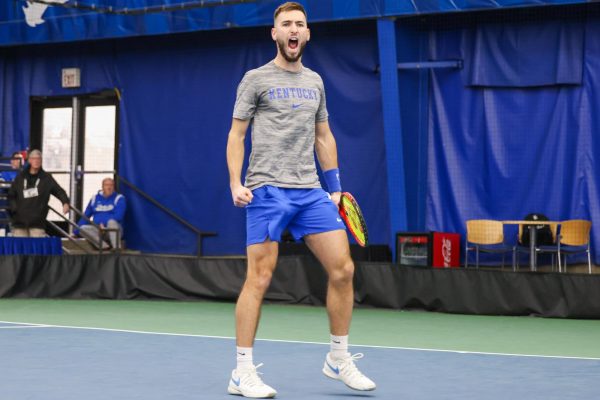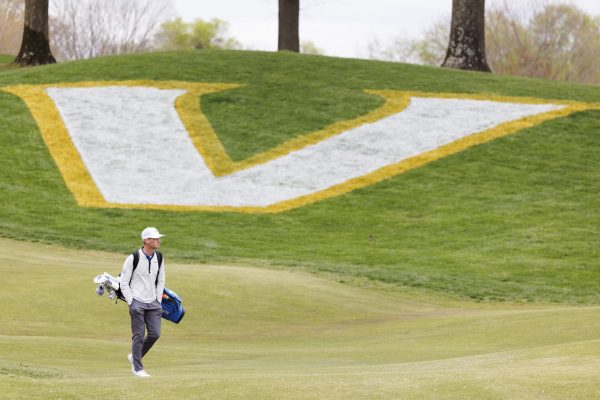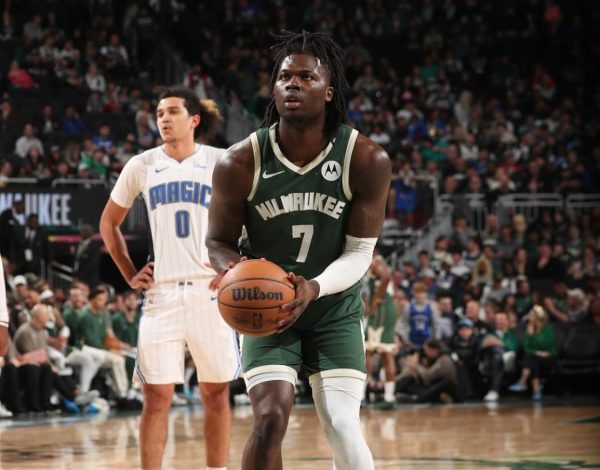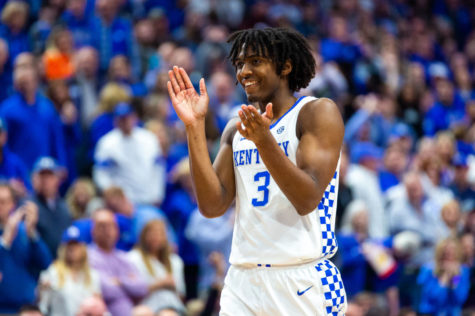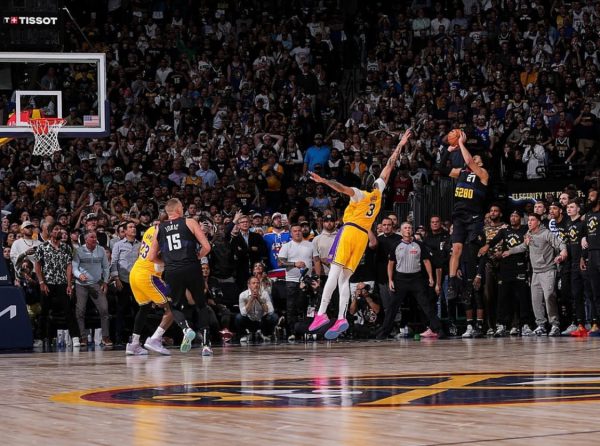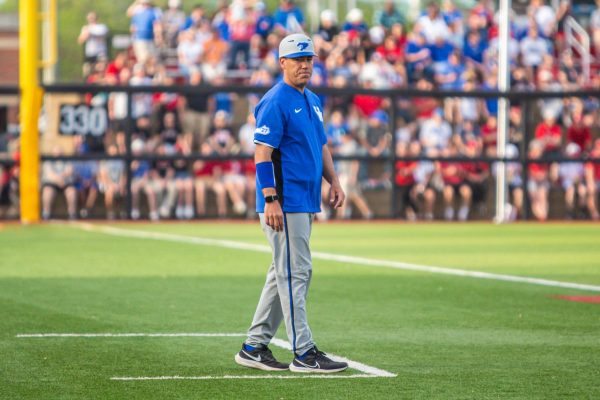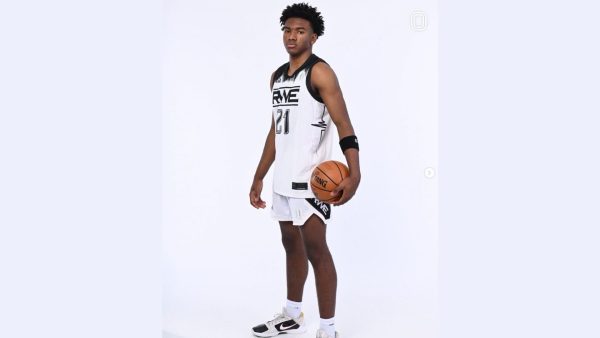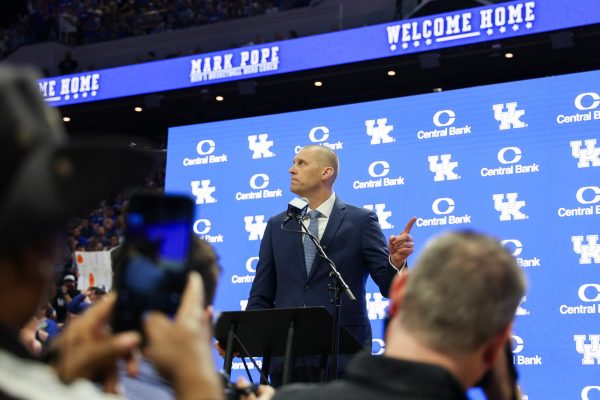Seaton Center hosts wheelchair basketball tourney
February 6, 2012
By Paul Martin
A well-executed fast break ended with a made layup, as the crowd cheered from the steel bleachers. Justin Harris watched this game from the sideline, as he anxiously waited for his team’s turn to take the court. The gymnasium was full of excitement Saturday, as the wheelchair basketball tournament was narrowed down for Sunday’s championship games.
Harris is a shooting guard for his team called Hill on Wheels. He never really envisioned being here today, based on the tough start to his life. Harris was born with Spina Bifida, which is a developmental spine disorder that affects the use of his legs. He has operated out of a wheelchair his entire life, but was still able to play basketball in his hometown of Louisville. One day, Harris was given a random opportunity to jump-start a new adventure.
“I was scrimmaging and playing pick-up basketball, when a guy came out and said they were starting up a team in Lexington,” said Harris. “I was young at the time, and I was kind of nervous about it. But, I told myself I might as well give it a shot.”
Nine years later, Harris is still part of the squad and continues to represent Hill on Wheels. His team is sponsored by Lexington’s Cardinal Hill Rehabilitation Center, as they join 33 other teams from the National Wheelchair Basketball Association in the annual Bluegrass Invitational Tournament. This wheelchair basketball event is held each year at the Seaton Center on UK’s campus. It is organized by the Lexington Division of Parks and Recreation, and the University of Kentucky Campus Recreation Department.
Teams from the Championship Division and Division III of the NWBA are in attendance, competing for separate titles. Tournament Director Evelyn Bologna has been in charge 14 years, and takes great pride in putting this talent on display.
“I enjoy seeing the progression of the sport,” said Bologna. “It’s amazing to see the athleticism of the players.”
The rules for wheelchair basketball are similar to those at the NCAA level, but with a few minor modifications. The court dimensions and goal heights are the same, but there is no double dribble violation. A player can only take two pushes of his/her chair before they pass, shoot, or dribble. A shot clock is also used to ensure a quality pace to the game.
The enthusiasm for being involved with this sport is evident throughout the gymnasium. It is not difficult to find someone who embraces their role in wheelchair basketball. Keith Wallace is the head coach for the Chicago Fire, which took home the Division III championship last year. Wallace majored in therapeutic recreation while at college. After graduation he found work with the Special Olympics, and soon realized that his future would involve helping people with physical disabilities.
“I found that this was my passion and I enjoyed doing it,” said Wallace. “I then dedicated my life to it.”












































































































































